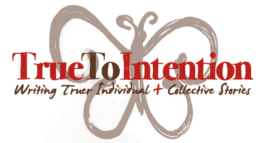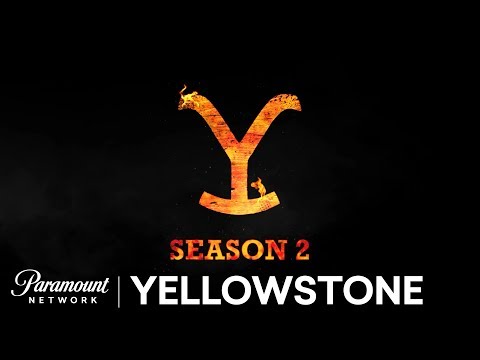it’s something you live up to.”
The words slapped me in the face, and their impact reverberated through every cell.
I had to pause, rewind, rewatch, repeat, and then eventually write it down.
If you’ve seen the show, you know that the “brand” discussed in this scene is that of a family-owned ranch—a brand that physically marks their cattle and many of the humans who tend to them. You probably don’t need to have watched the show to know that he’s not talking about the cows earning or living up to a brand. 🙂
As someone who helps people discover, articulate, and grow their brands, these words unleashed a hurricane of inquiries and insights that I wrestled as I devoured the rest of the series.
What is a brand?
Well, for regular ol’ ranchers, a brand is a mark that indicates ownership. When you see the brand hanging at the edge of the long driveway, you know who owns the land. If you see a cow on your property with the neighbor’s brand, you know that it would be theft to raise him as your own for profit.
In the expert/messenger industry, a brand is “a particular identity or image regarded as an asset.” Think Brene Brown, The Good Life Project, or [insert your favorite messenger or message that has virtually become a household name]. These messengers and/or the enterprises they have built have become “identifiable names, images, and messages that hold a particular amount of value.”
What does ownership have to do with it?
Turns out identities and messages are even more valuable than cows (and sometimes land), yet it’s tougher to “see the fences.”
How many times have you discovered a messenger new to the scene and heard them say something that reminded you of someone else—an individual or message that has been around for some time?
I used to stun my friends at conferences when, after hearing a few sentences from a new messenger, I would whisper something like, “They’ve worked with Tony Robbins, Lisa Nichols, and are deep into Brene Brown’s stuff.” Almost as soon as I’d say it, the next slide of the presentation would pop up with said faces. They wondered how I did it, but…
What I was identifying were the valuable elements of these people’s brands—words, phrases, concepts, and even energetic experiences or expressions that they had brought forward or made famous.
When we learn something valuable—life-changing even—it organically becomes part of us. We naturally mimic and then integrate the words, phrases, concepts, and experiences, which is exactly what powerful brands are meant to do.
It’s all fine and dandy until we decide to create our own brand and fail to do our due diligence to find our own unique brand.
But how do you discover, articulate, and grow a brand?
Where do you start?
Well, many coaches will tell you to do some
market analysis and find your own niche.
Others will tell you to choose what
lights you up the most and run with it.
Some will insist you ask your friends, start small,
and just follow the breadcrumbs where they lead you.
The problem with all of these instructions, on their own,
is that Brands must be trustworthy to grow.
And how can a brand be trusted if it’s…
- driven by the market and its ever-changing demands?
- contingent on the inspiration and feelings of the messenger staying the same?
- following inspirations and whims without a clear intention holding it together?
Brands don’t build trust or grow when they don’t have a solid foundation—a continuity of words, phrases, concepts, insights, and intention.
But there’s one more element that John Dutton reminded me of in that scene, and it’s the reason why I approach branding and messaging the way that I do.
The best brands are built on IDEALS
that we can only hope (and work) to live up to.
Think Apple and the wild idea that one day,
everyone could have access to information,
music, and each other at their fingertips.
Think Oprah and the impulse to inspire millions.
Think America and the bold declaration
that everyone is created equal.
When each of these brands were inspired,
the ideals were just that—
“conceptions of something in its perfection.”
They were declarations of what was true and possible,
but often far from embodied.
Powerful brands invite us to embody ideals,
and when they are our own brands,
IT HAS TO START WITH US.

